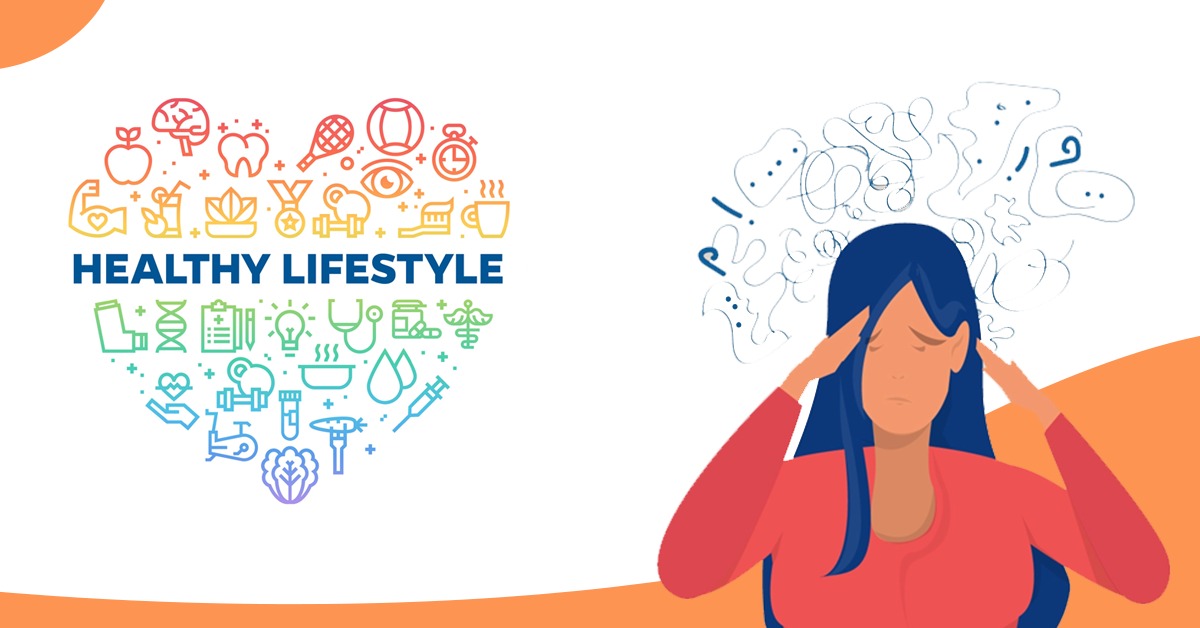How To Live A Healthy Lifestyle With ADHD?
ADHD was first linked to hyperactivity and poor impulse control. Our understanding of the illness has grown since then, particularly in the last decade; we now know that its symptoms vary from inattention to self-regulation to emotional sensitivity and beyond.
ADHD is inherited, but it is also, to some extent, environmental. You cannot alter your DNA. However, you CAN adjust your eating, fitness, and sleeping habits, all of which may have a meaningful, positive impact on ADHD symptoms. In other words, genes do not determine fate. Though
ADHD Private Assessment shows that genes play a key role in ADHD, and the environment also plays a vital role as both a cause and a solution. In other words, families can reduce ADHD symptoms by altering their circumstances in three easy ways: sleep, exercise, and diet. Here is how to get started:
The Power of Sleep Cycle
Adequate sleep is extremely beneficial to both your brain and body. The link between good sleep and good health is well recognized, but sleep is all too often overlooked by children and adults alike, particularly those with ADHD who perceive it as a "waste of time" or have difficulties sleeping. Restful, restorative sleep is a significant tool for mood regulation and attention maintenance throughout the day. Adequate sleep also promotes learning: brain-imaging studies1 have consistently demonstrated that the brain is very active during sleep, consolidating and repeating the information obtained during the day.
Bad sleeping habits are difficult to break once they have become established. Children may exhibit sleep-related behavioral concerns, such as being resistant at bedtime or experiencing anxiety at night, which may irritate fatigued parents who are attempting to maintain a good sleep routine. Older teens and adults may have a distorted circadian rhythm, making it difficult to sleep at night and wake up early in the morning. People of all ages may be harmed by our ubiquitous screens, which disturb the brain's natural light receptors, which govern hormone production.
Exercise for the Body and Mind
According to three studies, prolonged exercise can greatly reduce or even completely cure the detrimental epigenetic effects of stress or trauma. Physical activity also boosts brain development, increases brain efficiency, and improves learning ability. Exercise-induced brain alterations are particularly noticeable in areas related to ADHD: executive functioning, attention, and working memory.
According to research & Private ADHD Assessments in the UK, exercise has a bigger influence on ADHD symptoms than diet, which is a more often touted therapy technique. In the last year, three meta-analytic reviews found that, while the amount of data on exercise is currently tiny in comparison to that on medication or therapy, the effect on some people with ADHD can be spectacular.
Families still struggle to sustain fitness habits when they are short on time or enthusiasm. Children with ADHD may avoid team sports or prefer computer games to play outside, making it substantially more difficult for them to obtain enough exercise.
Nutrition Changes for ADHD
Food has been shown to have significant epigenetic impacts on the brain.
However, determining the precise effect of food on ADHD symptoms is difficult because the overall effect sizes for this treatment are relatively tiny. We do know that some people do not respond to dietary modifications at all, while others significantly improve. There is no way to tell whether dietary changes will benefit you or your child unless you attempt them.
Nutrition Action Steps
Most families start with the low-effort tactics described here, then progress to the high-effort strategies if motivation, resources, and results allow.
Creating a balance
Throughout the day, sleep, nutrition, and exercise overlap and interact with one another. Nutritious eating, for example, provides energy for more intense exercise, whereas vigorous exercise better prepares the body for restful sleep. Aim for positive synergy among the strategies that you find most effective and simplest to sustain for the best outcomes.
Along with the above-discussed points, one can also consult a good ADHD psychiatrist who can help a person with ADHD to lead a better life. If you are looking for a good psychiatrist for Adhd near you then simply type ADHD doctors for adults near me on Google and you will get the list of the best psychiatrist in your area in front of you.
